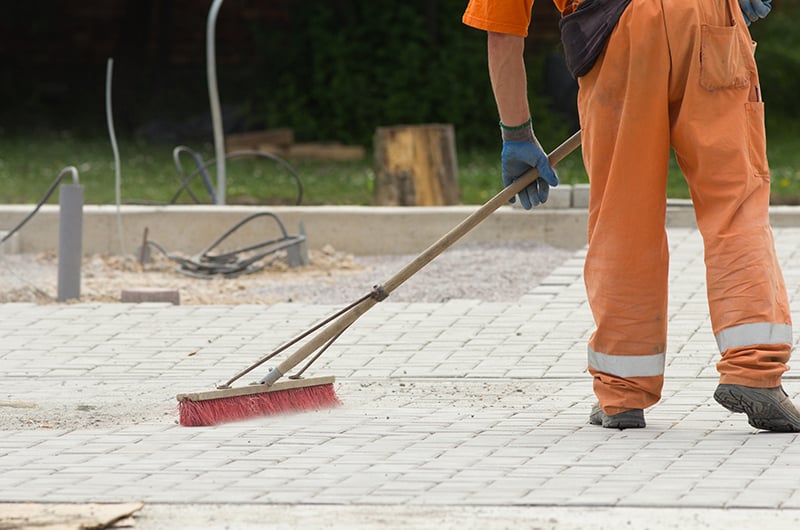
By
Rob Boyle
October 10, 2024
Updated
October 10, 2024

What is the purpose of workplace housekeeping?
Poor housekeeping can be a cause of a variety of incidents. To avoid these hazards, a workplace must maintain order throughout a workday. Housekeeping is not the responsibility of a single person, but of every member of the team.
What happens when you have poor housekeeping?
Poor housekeeping can be the cause of incidents, such as:
- Tripping over loose objects on floors, stairs, and platforms
- Being hit by falling objects
- Slipping on greasy, wet, or dirty surfaces
- Striking against protruding, poorly stacked items or misplaced material
- Cutting, puncturing, or tearing of the skin of hands or other parts of the body on exposed nails, wire, or steel strapping
How can you avoid hazards?
Workplaces must maintain order throughout a workday. This effort requires a great deal of management and planning that shouldn't be the responsibility of a single person. Workplace housekeeping is an ongoing activity in which every member of the job force does their part to ensure a clean, clutter-free work environment.

Why should I maintain housekeeping at work?
Housekeeping can involve a lot of work, but there are many benefits, most of which help save you and your colleagues from injury or serious harm. Follow these simple tips to achieve proper housekeeping in your workplace.
- Never leave trash, garbage, or debris haphazardly around your work area. If garbage, trash, and debris must accumulate, designate a predetermined disposal area and dispose of all trash, garbage, and hazards in the designated disposal area.
- Clean up any spills or leaks immediately to eliminate any hazard of slip, or fall injuries.
- Keep cords or trip hazards out of aisles or walkways.
- Dispose of any unusable parts or material that may accumulate in you work area.
- Remove boxes and other hazards from aisles, walkways, or stairways. Never lock or block exits.
- Watch out for the accumulation of fire hazards such as greasy rags, chemicals, and electrical hazards.
- Store and dispose of flammables or hazardous chemicals properly.
- Never leave hazards exposed. If necessary provide barriers, signs, and warnings.
- Ensure that all machine and equipment guards are in place, secure and in good working order.
- Keep tool boxes and tool cribs neat, clean, and orderly.
- Keep storage areas clean and organized.
- Never leave sharp tools unattended or sharp edges exposed.
- Immediately clean up any glass, nails, or other laceration/puncture hazards.
- Guard floor holes with a cover, grating, guardrail, or equivalent on all sides except at the entrance to stairways or ladders.
- Install toe boards around the edges of a permanent floor opening.
Effective housekeeping is an ongoing operation. It is not a one-time or hit-and-miss cleanup done occasionally. Periodic “panic” cleanups are costly and ineffective in reducing incidents, but maintaining workplace housekeeping can save time, cost, and serious injury to workers.
